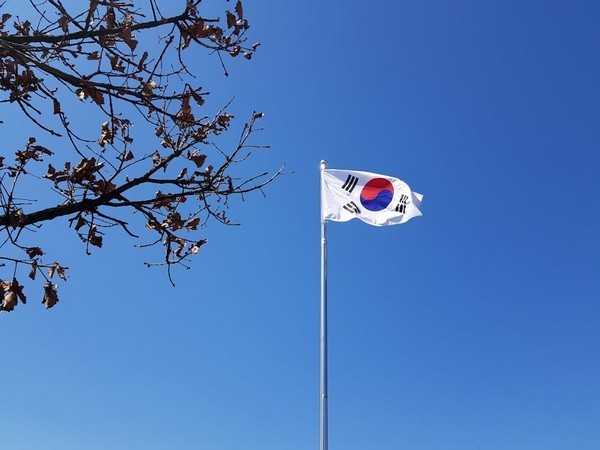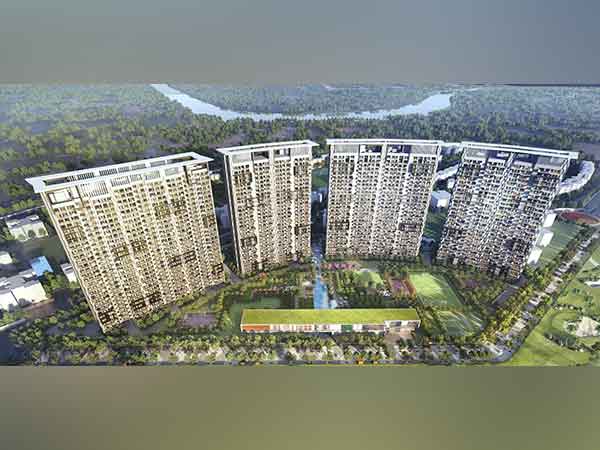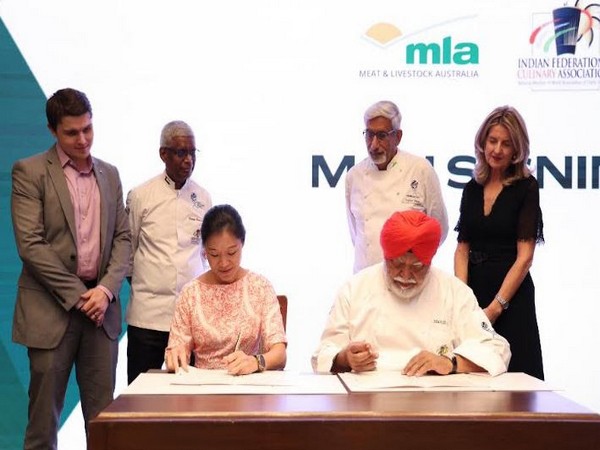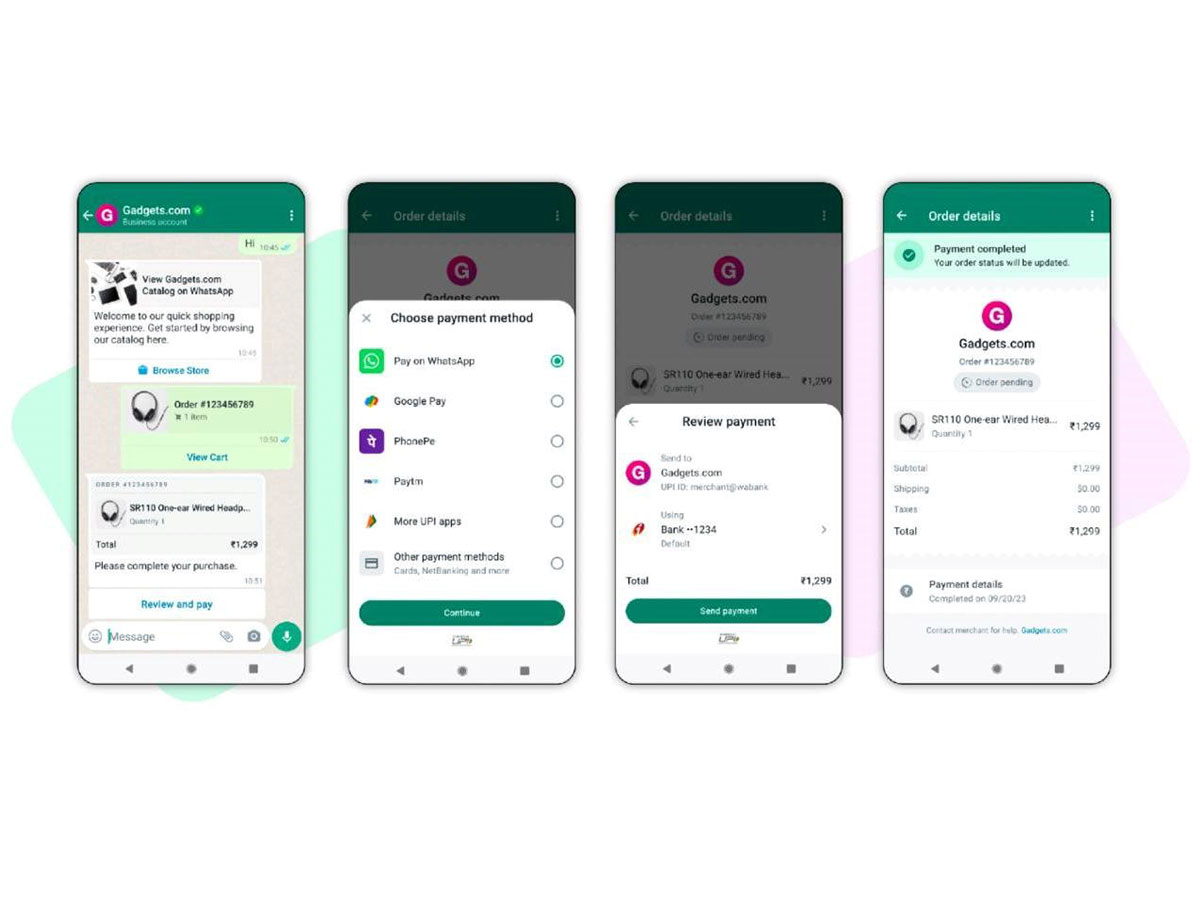
South Korean parliament tense over Yoon investigation
Jan 18, 2025
Seoul [South Korea], January 18: Fierce debate has taken place in the South Korean National Assembly to reach an agreement on selecting a special prosecutor to investigate impeached President Yoon Suk Yeol.
Yesterday (January 17), the ruling People Power Party (PPP) and the opposition Democratic Party (DPK) fiercely debated a bill to open a special investigation into impeached President Yoon .
Deadlock in parliament
The Korea Times reported that PPP lawmaker Kweon Seong-dong and DPK lawmaker Park Chan-dae agreed to participate in negotiations on the special investigation bill, with National Assembly Speaker Woo Won-sik presiding over the discussion yesterday. The vote was supposed to be held at 2 p.m. the same day, but the PPP requested a postponement because it disagreed with the opposition on the contents of the bill.
For example, ruling party lawmakers disagreed with the DPK's part that accused President Yoon of treason for seeking to provoke war with the DPRK . And the PPP proposed to reduce the investigation period from 150 days to 110 days compared to the DPK's proposal, while the number of investigators was also reduced from 155 to 58.
Meanwhile, Mr. Yoon on the same day once again boycotted the summons of the Corruption Investigation Office (CIO) for senior officials of South Korea. Yonhap quoted presidential lawyer Seok Dong-hyeon as saying that the reason for not complying with the summons was because his client had already stated his basic views during the first interrogation that lasted more than 10 hours on January 15. "He sees no reason or need to answer in this type of interrogation anymore," the lawyer said.
Although President Yoon was questioned for hours from the evening of January 15, he exercised his right to remain silent before refusing to appear again the following day (January 16) on health grounds, according to Korean media. As of yesterday, the CIO had almost completed preparations to submit the next arrest warrant to the Seoul Western District Court. In case the application is accepted, the court is likely to hold a hearing on January 18 before deciding whether to allow Yoon's arrest. If approved, the CIO could arrest the president later this week or early next week.
Mr. Yoon's future
If Yoon is formally arrested, investigators could extend his detention for up to 20 days. During that time, they would hand over the case to prosecutors for indictment, paving the way for a detention period lasting several months or longer. If prosecutors charge Yoon with rebellion and abuse of power , they could hold him for up to six months until a court makes a preliminary ruling, according to the AP.
If the first court finds him guilty and sentences him to prison, Yoon will have to serve his sentence while the case moves to the appeals court and the Supreme Court. Under South Korean law , sedition carries a maximum sentence of life in prison or even the death penalty. To avoid a sedition conviction, President Yoon would need to prove in court that martial law imposed on December 3, 2024, was only a temporary measure and a "moderate" warning to opposition lawmakers. The president has accused the opposition of trying to use its majority to block the government's agenda and paralyze state affairs.
Also yesterday, Kim Seong-hoon, acting commander of the Presidential Guard (PSS), was arrested on charges of obstructing investigators from executing an arrest warrant against President Yoon, Yonhap reported. Police initially planned to arrest Kim on January 15, but later withdrew the decision at Yoon's request.
Source: Thanh Nien Newspaper









